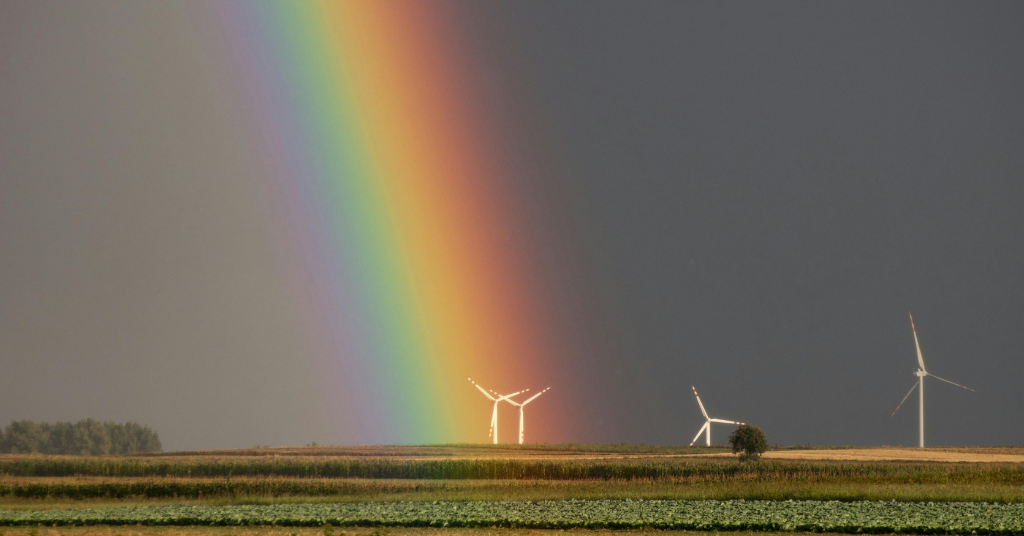Greenhouse gas (GHG) emissions from the transport sector have increased significantly in recent decades. Biofuels can be used in transport as an alternative to fossil fuels. Biofuels have become part of the EU’s climate and energy policy because they can reduce GHG emissions and improve energy security. In 2021, fossil fuels accounted for almost 93% of the energy used in road and rail transport in the EU.Biofuels are an alternative to fossil fuels to help reduce GHG emissions in the transport sector.
Different types of biomass can be used as feedstock for biofuel production. The 2018 revised Renewable Energy Directive distinguishes three main categories of biofuels, depending on the feedstock or technology.

source:EUROPEAN COURT OF AUDITORS
Biofuels also compete with other sectors for the raw materials they use: mainly food, but also cosmetics, pharmaceuticals, biofuels and heating. This also affects the availability and market price of these materials.
Advantages and disadvantages of biofuels
Biofuels can reduce GHG emissions, but they can also sometimes have negative impacts on the environment and climate. For example, in the case of biofuels produced from feedstocks that require arable land, if the land used for cultivation increases, biodiversity, soil and water may be damaged and GHG emissions may not be reduced compared to the use of fossil fuels. If agricultural land increases at the expense of forests or peatlands, for example, GHG emissions may even increase.
What are the different types of liquid biofuels used in transport?
Ethanol
Any feedstock containing a significant amount of sugar, or a substance that can be converted into sugar, such as starch or cellulose, can be used to produce ethanol. The ethanol available on the biofuel market today is based on sugar or starch. Common sugar crops used as feedstock are sugar cane, sugar beet and to a lesser extent liquorice. Common starch feedstocks include corn, wheat and cassava. The easiest way to produce ethanol is to use biomass-containing sugars that can be fermented directly into ethanol . Ethanol can be blended with petrol or burned in pure form in mildly modified spark ignition engines. A litre of ethanol contains about 66% of the energy provided by a litre of petrol. It improves fuel combustion in vehicles, thereby reducing emissions of carbon monoxide, unburned hydrocarbons and carcinogens.
Biodiesel
Biodiesel is produced by combining vegetable oil or animal fat with alcohol and a catalyst in a chemical process called transesterification. The oil used to make biodiesel can be extracted from almost any oilseed. Biodiesel can be blended with conventional diesel fuel or burned in pure form in compression ignition engines. Its energy content is 88-95% that of diesel, but it improves the lubricity of diesel and increases the cetane number, so the fuel consumption of the two is generally comparable. Biodiesel’s higher oxygen content helps complete the combustion of the fuel, reducing emissions of particulate pollutants, carbon monoxide and hydrocarbons.
Straight vegetable oil
Straight vegetable oil is a potential fuel for diesel engines and can be produced from a variety of sources, including oilseeds such as rapeseed, sunflower, soya and palm. Used cooking oil from restaurants and animal fat from the meat processing industry can also be used as a fuel for diesel engines.




